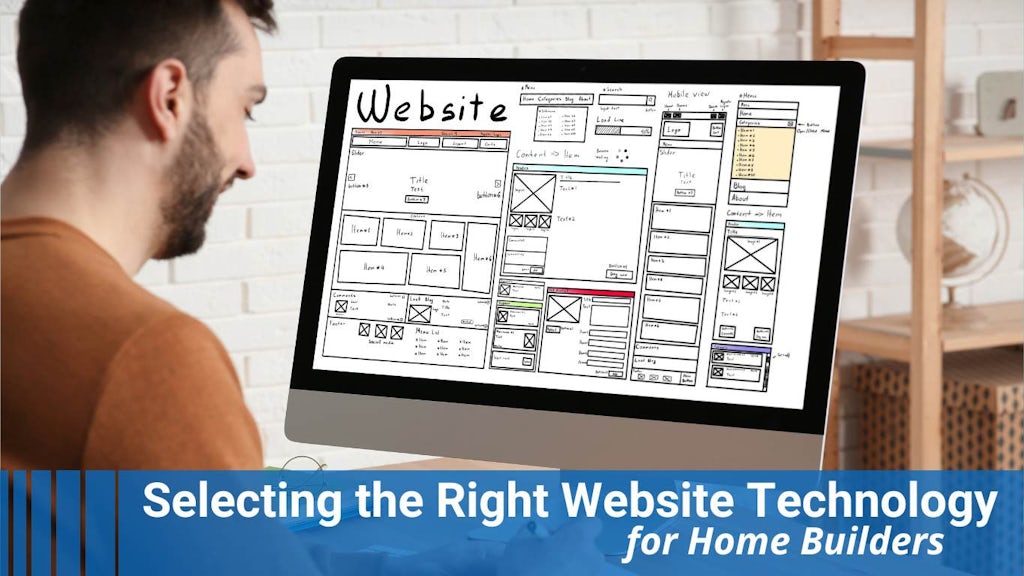Home builder websites are different.
Driven by complex data structures that connect locations with communities, floor plans, and available inventory, your website needs builder-optimized content management tools and multiple data integration points, while also allowing for customization to represent your unique brand, selling proposition, and process. Whether your goal is lead generation, lot reservations, or a full online sales process, successfully meeting these requirements requires the selection of the right technology foundation.










